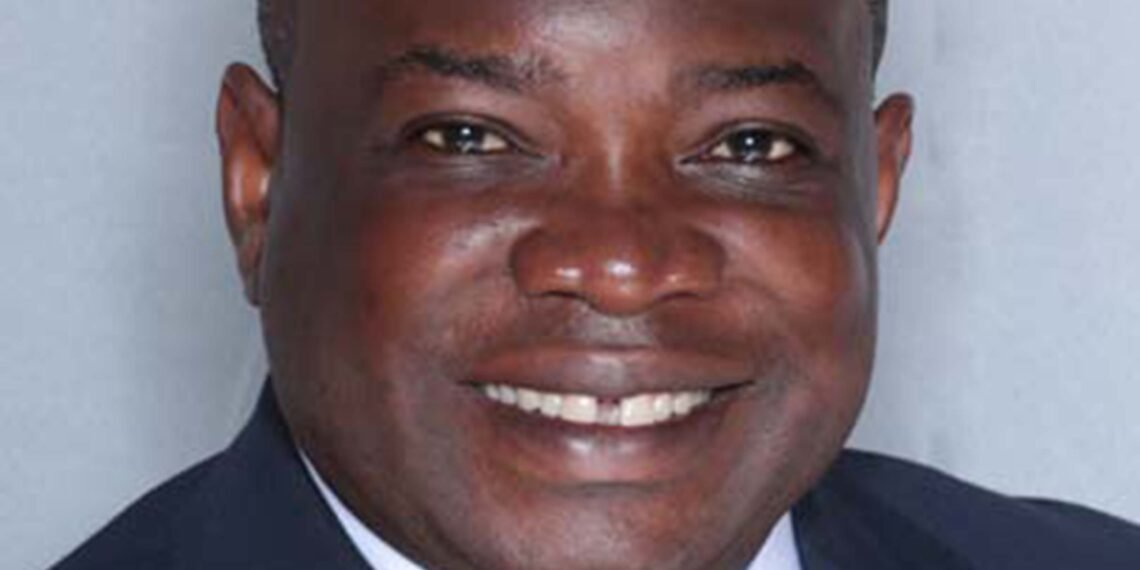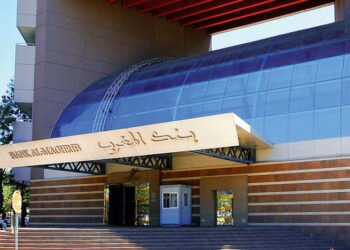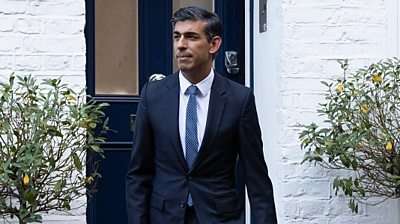The Minister for Roads and Highways, Hon. Kwame Governs Agbodza, has reaffirmed the government’s firm commitment to addressing outstanding payments owed to road contractors, beginning with a significant tranche of GHS 4 billion to be released by the end of June.
The total contractor debt portfolio stands at GHS 21 billion, a burden that continues to weigh heavily on road development efforts nationwide. The intervention is expected to reactivate stalled projects, including the much-delayed Nsawam Road works, amid growing pressure from road users and contractors alike.
Speaking in the context of growing national concern over deteriorating road conditions, the Minister highlighted that this administration, led by President John Dramani Mahama, was taking decisive steps to resolve the legacy debt inherited from the previous administration.
“We are intending to pay some GHS 4 billion towards retiring part of the GHS 21 billion, from this month. I have no doubt that it will be on record as one of the biggest payments at a particular time”
Hon. Kwame Governs Agbodza, Minister for Roads and Highways

The Minister stated that this payment will not only settle arrears but will signal to contractors and stakeholders that the government is serious about tackling infrastructural decay, particularly in areas where the condition of roads poses severe challenges to transport and commerce.
He noted that the frustrations expressed by the motoring public and drivers were valid and that the government was not oblivious to the hardship endured daily.
“We fully understand the frustration of the motoring public, transporters, drivers when they have to endure very challenging roads. Of course, when you live in Accra, you would see the situation at Pokuase as the biggest challenge. And I will not fault you because that is what you have seen”
Hon. Kwame Governs Agbodza, Minister for Roads and Highways
In a broader reflection on the national road situation, the Minister noted that while urban complaints often dominate public discourse, the reality in rural and remote areas is even grimmer.

He cited Pasa, a community on the Eastern Corridor, as an example of how badly some roads have deteriorated – particularly during the rainy season. “You will weep for that driver,” he said of transporters who must navigate the Pasa section under adverse conditions.
“None of it is acceptable. If you were to consume yam today in Accra, that yam probably came from Yendi in part of the Northern region. I wish you knew how the tracker who brought the yam to Tema managed to bring the yam here”
Hon. Kwame Governs Agbodza, Minister for Roads and Highways
The Ministry’s approach includes not only the retirement of old debts but also a tightening of administrative protocols.
“It is very clear that the Finance Minister was doing the right thing by making sure that when we have certificates at the road fund,” Hon. Agbodza said, defending the Finance Ministry’s insistence on avoiding duplication of contractor certificates in the accounting system – a move he said was crucial to preventing “double payments” and preserving scarce public resources.

While emphasizing that clearing debt is only one part of the solution, the Minister stressed that payment was the critical first step in restoring contractor confidence, mobilizing workforces back to project sites, and improving road user experience.
“There’s no doubt that the government is committed and will continue to prioritize paying for road works done,” he said.
Hon. Agbodza called for collective resolve, urging that “we need to work as a people to be able to address all these problems.” As the administration initiates payments, attention now turns to how quickly stalled projects such as the Nsawam Road can resume and meet expected standards.
The minister’s assurances come at a time when the government faces intense scrutiny to translate economic reforms into tangible infrastructure outcomes.
READ MORE: Bank of Ghana’s Tight Monetary Stance Gets IMF Nod in Battle Against Inflation




















